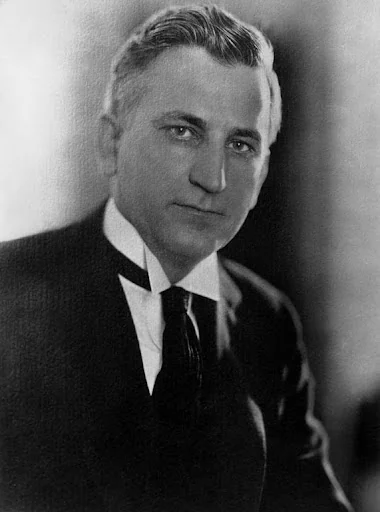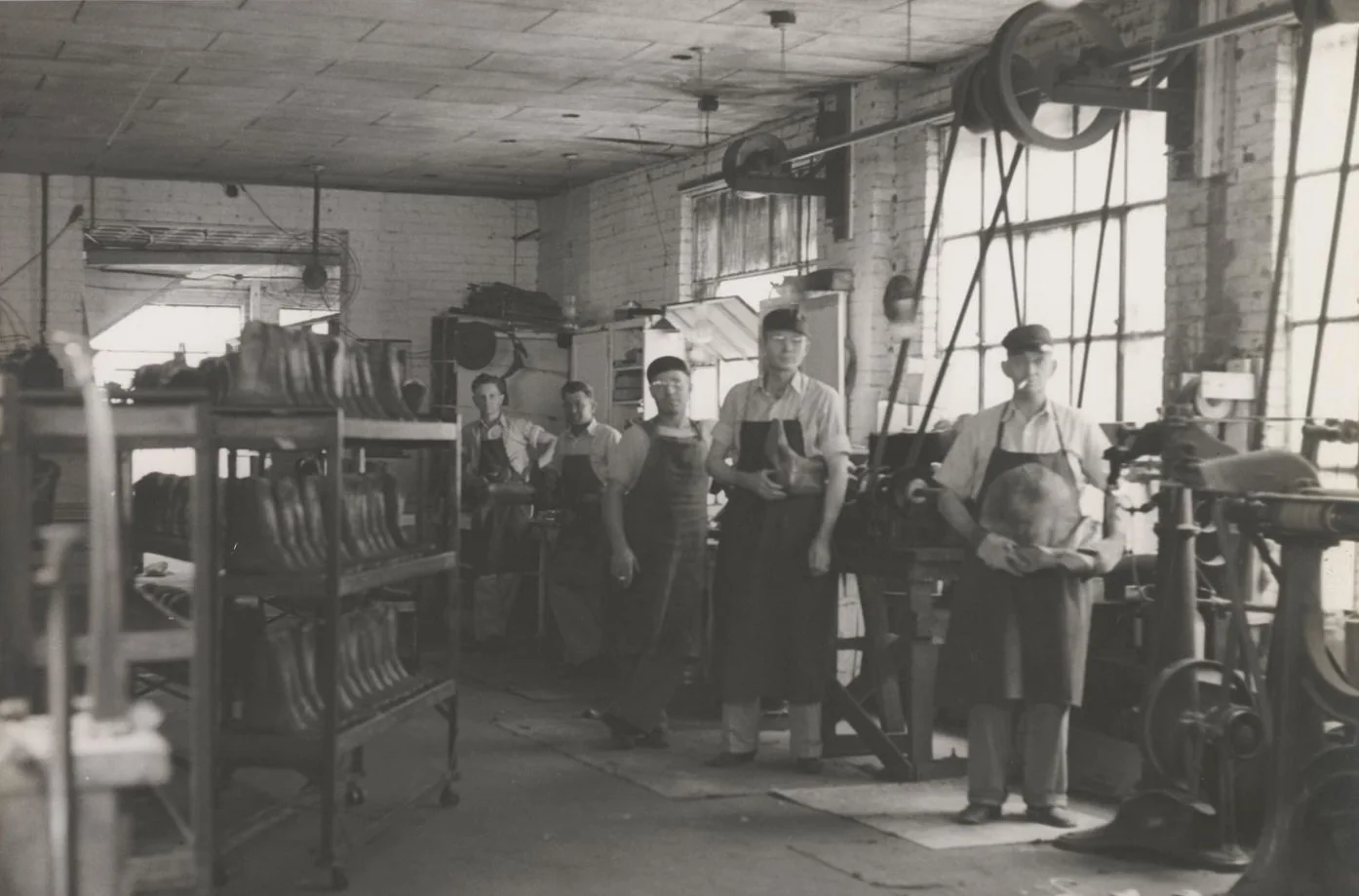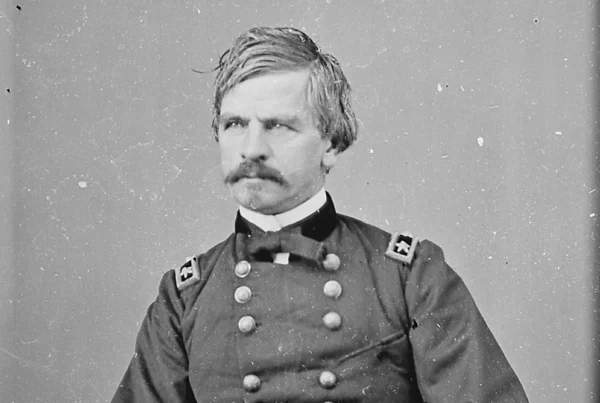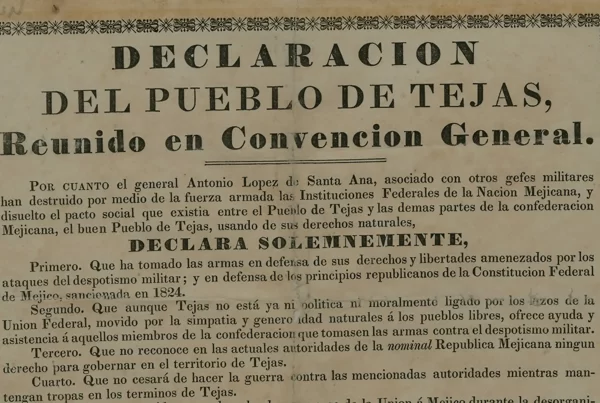Pat Neff’s reflections on labor, excerpted from The Battles of Peace (1925), reveal a moral and spiritual defense of the working class at a time when the relationship between labor and capital was transforming across the United States. Writing after his tenure as Texas governor, Neff framed labor not as a matter of mere economics, but as a sacred inheritance of humanity itself—rooted in divine command and sanctified through toil. His words echo the Progressive Era’s moral tone, blending scriptural imagery with civic optimism to argue that honest work ennobles the individual and sustains the republic.
In this chapter, Neff traces the lineage of the laborer from biblical times to the industrial present, depicting a centuries-long struggle for dignity and self-determination. He situates this fight within a global historical arc—Egypt, medieval England, revolutionary France, and finally the United States—culminating in the promise of American democracy as the place where “the great labor problem” might finally be solved. His prose is lofty, often poetic, portraying workers as both heirs of ancient suffering and architects of modern freedom. Through this rhetoric, Neff presents labor’s progress as not only inevitable but providential.
For modern readers, the passage offers insight into the moral foundations of early twentieth-century Texas populism and the Progressive ideal of social harmony. Neff’s emphasis on cooperation over conflict—“ballots and not bullets,” “bear ye one another’s burdens”—reflects his vision of reform through moral awakening rather than class warfare.
The Cause of Labor
In fighting the battles of peace the cause of labor must necessarily form an important factor. Labor is of Divine origin. God’s command made it sacred, and His life gave it dignity. “Thou shalt work” is as much a part of the ten commandments as any other thought declared in them. The first man was placed in the Garden and commanded to keep it by honest toil, and when God said to Adam, “In the sweat of thy brow thou shalt eat bread,” He was giving to Adam the gospel of labor that should characterize the human race. The Savior’s hands were calloused with the tools of a carpenter, and the brow of each apostle, as a sturdy son of toil, glistened with the beads of manual labor, nobler jewels than a monarch ever wore.
Slow as the centuries, and as eternal as the purposes of God have been the mutations out of which the laborer of today has been evolved. He has waged his own battle and dug out his own way to emancipation. For centuries he beat with bare hands against the barred and bolted bulwarks of privilege. Neither the sword, nor the guillotine, nor the inquisition, nor the torch, nor the dungeon, has ever stayed the righteous and resistless march of his cause. The laborer’s subjection, his slavery, his degradations, his emancipations, his advancement, his triumph and his final victory are written with his hands the land of the Pharaohs, and the footprints he left on the sands of time enable us to trace him to those European countries where he made his first great stand and demanded the right to live. Prior to this he had been a willing slave, fettered with golden chains at the oars of gain.
“The noblest men that live on earth
Are men whose hands are brown with toil;
Who, backed by no ancestral birth,
Hew down the woods and till the soil:
And win thereby a prouder name
Than follows king’s or warrior’s fame.”
At different times and among different peoples he may have been designated by a different name, but whenever and wherever you see him, whether as a peon, a peasant or a plebeian, whether as a serf, a vassal or an American yeoman, earning his living by the sweat of his brow, you will know him because he will be dressed in homespun, covered with the smut and grime and dust of honest toil, producing and distributing the wealth of the world. He formed an important part of Roman and of Grecian history. He immortalized with his hands the land of the Pharaohs, and the footprints he left on the sands of time enable us to trace him to those European countries where he made his first great stand and demanded the right to live. Prior to this he had been a willing slave, fettered with golden chains at the oars of gain.

In the eleventh century when the Norman banner waved in victory above the battlefield of Hastings, there was inaugurated in England a feudal aristocracy, which for five centuries doomed the laboring man to hopeless and ceaseless labor, while arrogant lords, living idly in halls of splendor, swallowed up the profit of his toil. His effort to better his condition was like the blind groping of Homer’s Cyclops about the walls of his darkened cave. Inheriting in his veins, however, the ruby drops of Anglo-Saxon blood, and gathering inspiration from hope, and resolution from despair, he defied at last the authority of his feudal lord, and in this denial the English Government heard a distant roar and saw the lightning flash on the brow of a coming storm and sought by legislative enactments to drive back to willing serfdom this youthful ambitious giant. He was impoverished by the issuance of base money, robbed by illegal assessments, hampered by the enclosure of the public lands, and starved by the passage of prohibitive corn laws. It was then that “Man’s inhumanity to man made countless thousands mourn.” The cause of labor during these dark and stormy generations was tossed and turned and twisted, but never lost. It was following a stronger law than any human plan.
Denial to the laboring man of the right to live as a man ought to live, produced, as it always will produce, a revolution. In 1688 a war cloud burst above the English throne and caused an English king to lose his crown. The same denial a little later provoked in part a French Revolution, the result of which proclaimed to the world that the working man was a human being and entitled to his freedom. These wars demonstrated that a poor man, as well as a king, could pull a trigger, and that the arrow from the bow of a yeoman could kill the same as a bullet from the gun of a mailed knight, which fact gave added impetus to the right and soon caused liberty to walk with unfettered feet, and truth to speak in the council chamber of the nations with more authority than a Caesar on the Tiber, a Napoleon on the bridge, or a King George on his throne. Wars and public sentiment caused the nations to recognize for the first time that the laboring man had a right at least to contract with his employer for services rendered. This was his first great victory. The eastern sky was now penciled with the rays of coming dawn. The blue curtains of night were lifted and labor for the first time saw through proud and happy tears the golden light that proclaimed the approach of a glorious day.
This bold spirit of freedom, that had gone struggling through the centuries, now half unfettered, defied the crowned heads beyond the sea, and leaping the Atlantic, stood a Puritan on Plymouth Rock. Here, free from Royalty’s blighting breath, he formed a government of his own with religion as its basis, the equality of all men before the law as its highest aim, and the authority to rule vested not in the few but in the many. Here, beneath this western sky, was to be finally solved the great labor problem which for six thousand years had knocked at the door of thought. Here beneath “Old Glory” was to be ushered in that glad era of universal brotherhood foretold by the prophets in the long ago. Here man was to be taught “to feel another’s woe” and “bear another’s burdens.”
The victory was to be won by ballots and not by bullets, by the boys in the workshops and factories and not by the bayonets that bristled from forts and arsenals. It is true that at times some member of a union organization goes wrong, and with a red flag for his emblem, fanaticism for his politics, and dynamite for his weapon marches forth as an enemy to organized government, yet he does not in any way represent the cause of labor.
Many proud empires have gone to dust, but not by the hands of those in the trenches of toil. They were betrayed by those who wore the purple robes of power and they rotted first in the palaces of the nobility. From every tomb of buried splendor and every hall of living knowledge came a warning voice to this young Republic of the West, admonishing it that those who create a country’s wealth should also have some say in its government.
But even here labor was opposed by a cavalier spirit inherited from our English forefathers, and for nearly a hundred years the sons of toil were weaving slowly and weaving blindly each for himself his fate, until necessity caused them in one harmonious voice to sing, “United we stand, divided we fall.” With this as their shibboleth they formed their organizations throughout the land, and standing on a platform of principles, and advocating a cause as righteous as ever inspired a patriot’s heart or nerved a hero’s arm, they asked for fewer hours of labor and higher wages, that they might live as men ought to live and care for their own.
“The man who digs a ditch and the man who rules a throne, if personal worth is the same, are equals. All men should have time to read, to converse, to think, to become acquainted with wife and children. Without this leisure from the grind of daily toil, man, God’s masterpiece, ‘bowed with the weight of centuries, and bearing on his back the burdens of the world,’ becomes “stolid and stunned, the brother to the ox.”
These requests in part were granted from time to time, and step by step the cause of labor advanced until with the dawn of the twentieth century it “burst full blossomed on the thorny stem of time,” fulfilling Victor Hugo’s prophecy that the twentieth century was to be the century of humanity. The chasm between wealth and want, between the employer and the employee is growing less as the spirit of cooperation seeks to fulfill the law of the divine teacher, “Bear ye one another’s burdens.”
That it is proper for the laboring men to organize is not a debatable question. It was a call to arms in self-defense. The man who works with brawn and the man who works with brain are brothers. The man who digs a ditch and the man who rules a throne, if personal worth is the same, are equals.
All men should have time to read, to converse, to think, to become acquainted with wife and children. Without this leisure from the grind of daily toil, man, God’s masterpiece, “bowed with the weight of centuries, and bearing on his back the burdens of the world,” becomes “stolid and stunned, the brother to the ox.”
A nation can never successfully fight the battles of peace or build an enduring civilization unless its leaders reckon with, and merit the confidence of, the shirt-sleeved aristocrats of labor, who by toil and sweat, produce the wealth of the world.
This article is part of Texapedia’s curated primary source collection, which makes accessible both famous and forgotten historical records. Each source is presented with historical context and manuscript information. This collection is freely available for classroom use, research, and general public interest.



